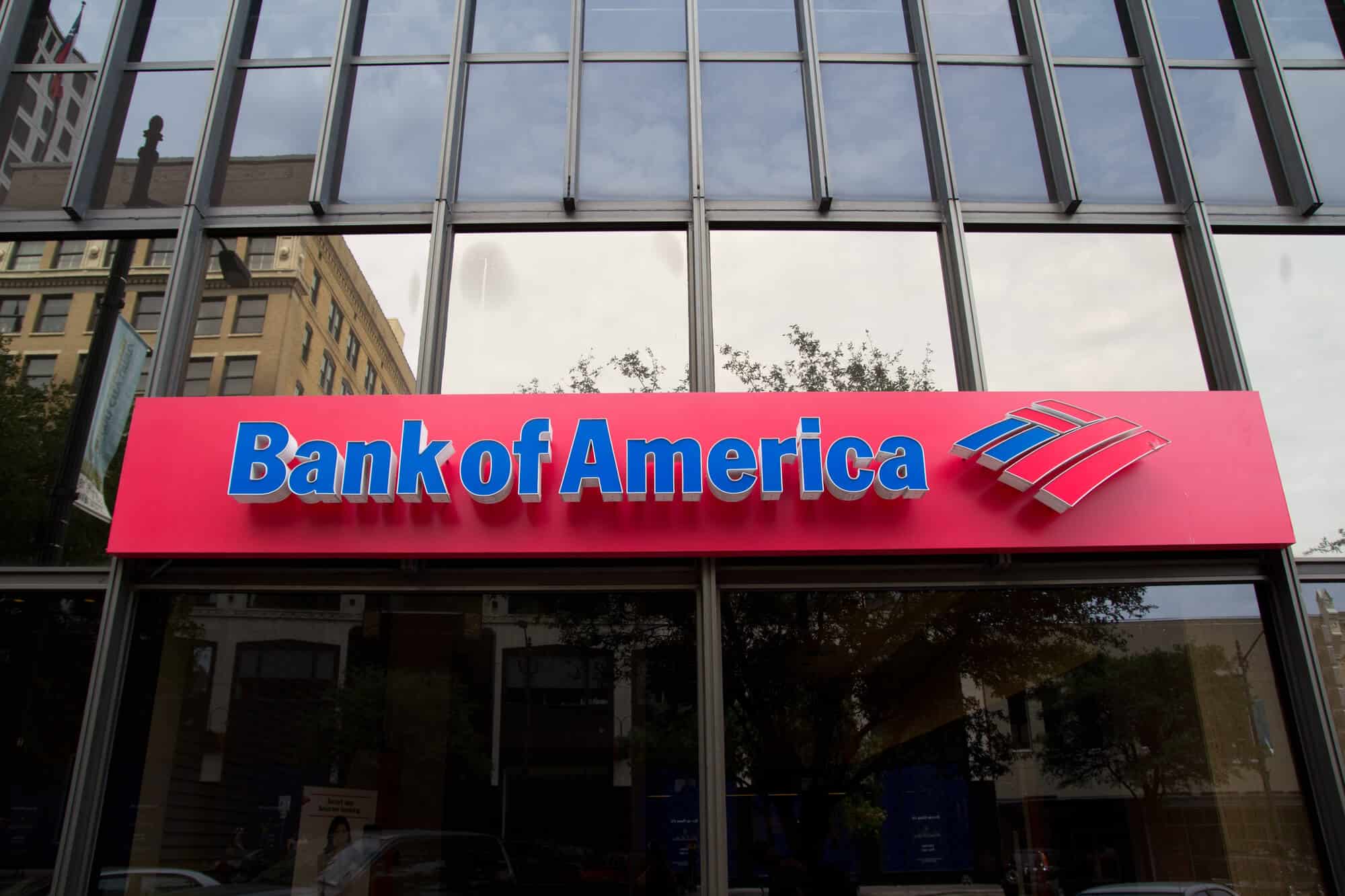The difference between private equity vs. venture capital firms is subtle — both are types of firms that make investments in private companies. In fact, venture capital is typically considered a kind of private equity. However, the difference between these two areas of financial services lies in the types of companies they invest in and the pathways into venture capital (VC) or private equity (PE) careers.
Private Equity Definition
Private equity involves investing in private companies or companies not publicly traded on stock exchanges. Private equity is the type of investment — equity is money and control in a company, and private equity firms (or PE firms) are the types of financial institutions that make investments into private companies.
Ultimately, “the type of PE firm differs based on the kind of investment activities they undertake,” says Ambarish Srivastava, associate director, private equity and consulting at Acuity Knowledge Partners.
Some firms specialize in buy-outs or purchasing majority stakes of companies, which means the firm effectively gains control over the company and its decision-making. However, venture capital (VC) is also a type of private equity.
Types of Careers in PE
The day-to-day work in PE depends on the type of investment the firm makes, and the level of seniority a professional has.
In general, people in PE work “on marketing pitches for new fundraising, looking for investable assets, evaluating potential targets, and monitoring portfolio companies’ performance,” says Srivastava. “They engage in a number of activities, including research, industry studies, and modeling.”
Private equity follows a similar career progression to many other areas of finance, like investment banking: You start as an analyst or associate and work your way up to vice president and eventually partner.
Analysts “engage in deal sourcing and evaluation, and other deal- and fundraising-related tasks,” says Srivastava.
With more seniority, private equity professionals take on more direct relationship management with clients and handle deals from start to finish.
Find your career fit
Learn what career is right for you with our free quiz!
Venture Capital Definition
Venture capital involves investing in startups and early-stage companies using funds from investment banks, private investors, and private equity firms.
The main goal of a VC firm “is to identify promising startups with high growth potential and help them grow by providing financial support and strategic guidance, mentorship, and access to networks,” says Liang Zhao, an experienced venture capitalist and CEO of marketing consultancy Vansary.
A VC firm can specialize in a few different ways. “Some VCs focus on specific industries (such as tech, AI, health care, or clean energy), while others focus on particular stages of investment (seed, early-stage, late-stage), geographical regions, or types of startups (consumer, enterprise, B2B, biotech, etc.),” says Zhao.
Ultimately, the way a VC firm invests depends on the industry and the phase a company is in. For instance, a VC firm will likely only invest a small amount of money into a “seed” stage company that hasn’t gotten off the ground yet. On the other hand, companies that are in an “expansion” phase, where their growth is consistent and promising, may get larger sums from a VC firm.

H2 Ventures Venture Capital
Build in-demand skills and explore the world of venture capital with this free job simulation from H2 Ventures.
Avg. Time: 5 to 6 hours
Skills you’ll build: Startup scouting, opportunity analysis, identifying factors of success, investment lifecycle, financial modeling, comparable company analysis, forecasting
Types of Careers in VC
Like in private equity, the day-to-day for venture capitalists depends on the type of firm they work for.
“A typical day might involve deal sourcing, due diligence, meetings, portfolio support, investment decision, industry research, networking, and fundraising for the fund itself,” says Zhao.
VC careers also follow the same progression pattern as private equity, starting at the analyst level and moving to senior roles, like director or partner.
>>MORE: Explore the differences between venture capitalists and angel investors.

JPMorgan Investment Banking
Start learning the financial analysis skills you need to succeed in VC with this free job simulation from JPMorgan.
Avg. Time: 3 to 4 hours
Skills you’ll build: M&A screening, cross-team collaboration, company analysis, strategic rationale, M&A process understanding, modelling, DCF, presentation
Private Equity vs. Venture Capital Salaries
When you begin a career in VC or PE, you start as a financial analyst. According to the U.S. Bureau of Labor Statistics, financial analysts have an average annual salary of $112,950. However, financial analyst is a broad title that encompasses many different roles within the finance industry,
Ultimately, salaries in VC and PE depend heavily on things like deal amounts, commission structures, and bonuses. Additionally, many VC and PE professionals get their start at investment banking companies, notorious for high base salaries: Goldman Sachs and other big-name banks on Wall Street reportedly pay first-year analysts $110,000 per year.
According to Glassdoor, analysts in both careers make comparable salaries, though, with PE analysts averaging around $135,000 to $252,000 per year and VC analysts averaging about $125,000 to $232,000.
>>MORE: Check out other popular careers in finance.

New York Jobs CEO Council Financial Analyst
Explore fundamental financial analysis skills in this free job simulation from the NY Jobs CEO Council.
Avg. Time: 2 to 3 hours
Skills you’ll build: Financial analysis, critical thinking, problem solving, Excel, communication
How to Get Into Venture Capital vs. Private Equity
To get into a career in VC or PE, you need a strong background in finance and analysis. Many analysts in PE and VC begin their careers at investment banks, while others start out in internships at firms and work their way up.
Education and Background
You typically need at least a bachelor’s degree in finance, accounting, economics, or business to begin a career in private equity or venture capital. However, some firms may prefer advanced degrees, like MBA or master’s degrees in finance or economics.
Beyond your degree, your experience and background matter.
Srivastava suggests a great way to get into private equity is by “gaining experience from working with consulting firms or investment banks.”
For getting into VC, Zhao advises those early in their careers that “roles in startups, investment banking, consulting, or corporate development can also provide valuable skills and exposure.” Additionally, Zhao says, “Internships in venture capital, startups, or related fields can provide valuable insights and connections.”
>>MORE: Start building the skills you need to land an internship with our picks for the best investment banking job simulations on Forage.
Certifications and Licenses
A specialized certification can help you showcase your skills and become more marketable to extremely competitive VC and PE firms. Some of the main options available to professionals in either career path are:
- Chartered Financial Analyst (CFA): The CFA is often required for investment bankers and other careers in finance. It’s a challenging certification, but once earned, it shows a high level of knowledge in finance and investing.
- Chartered Private Equity Analyst (CPEA): By gaining a CPEA certification, you show employers that you understand PE inside and out.
- Chartered Alternative Investment Analyst (CAIA): The CAIA designation shows strong expertise in alternative investments, such as private equity, real estate, and commodities.
- Financial Risk Manager (FRM): Both VC and PE involve a lot of risk. Financial risk managers, and people with FRM certifications, are experts at assessing risk and charting the best paths forward to keep the company safe.

Citi Investment Banking
Evaluate a prospective acquisition target for your client in this free job simulation from Citi.
Avg. Time: 5 to 6 hours
Skills you’ll build: PowerPoint, enterprise value, company research, Excel, financial modeling, forecasting, valuation, comparison analysis, critical thinking, reading comprehension
Skills
In private equity and venture capital, business skills are vital. These are finance careers that focus on choosing the right businesses to invest in and helping those businesses grow to increase your firm’s profits. Strong business acumen and relationship management skills are necessary to succeed in either path.
Additionally, professionals in PE and VC need core financial skills like:
- Using Excel to create financial models
- Comparing business investment options using comparable company analysis and other business valuation methods
- Calculating growth metrics like profit margins and compound annual growth rates (CAGRs)
Because private equity and venture capital rely on relationships, professionals need strong soft skills, including:

Citi Finance
Build core finance skills to get job-ready with this free job simulation from Citi.
Avg. Time: 5 to 6 hours
Skills you’ll build: Fact finding, data analysis, communication, presentation, Basel III regulation, judgment, commercial awareness
Bottom Line: What’s the Difference?
Private equity and venture capital are very similar areas of financial services, especially since venture capital is typically considered a type of private equity. However, private equity firms invest in mid-stage or mature companies, often taking a majority stake control of the company. On the other hand, venture capital firms specialize in helping early-stage companies get the money they need to start building their brand and gaining profits.
Another key difference between the two is venture capital “typically involves higher risk but offers the potential for substantial returns,” says Zhao. In comparison, private equity “usually involves lower risk compared to VC investments but may offer more modest returns.”
| Private Equity | Venture Capital | |
|---|---|---|
| Primary Goal | Source private companies to invest in or buy out with hopes of seeing medium returns through the success or sale of the company. | Source startups and early stage companies to invest in with the hopes of seeing major returns as the company grows. |
| Average Salary | $135,000 to $252,000 | $125,000 to $232,000 |
| Education | Finance, economics, business, or related fields. | Finance, economics, business, or related fields. |
| Experience | Experience in investment banking or consulting is beneficial. | Experience in start-ups or investment banking is beneficial. |
| Top Skills | Financial analysis Communication Analytical skills Business acumen | Financial analysis Communication Analytical skills Business acumen |
Ready to learn the skills you need to land your dream job? Start upskilling today with Forage’s free banking and financial services job simulations.
Image credit: Canva

